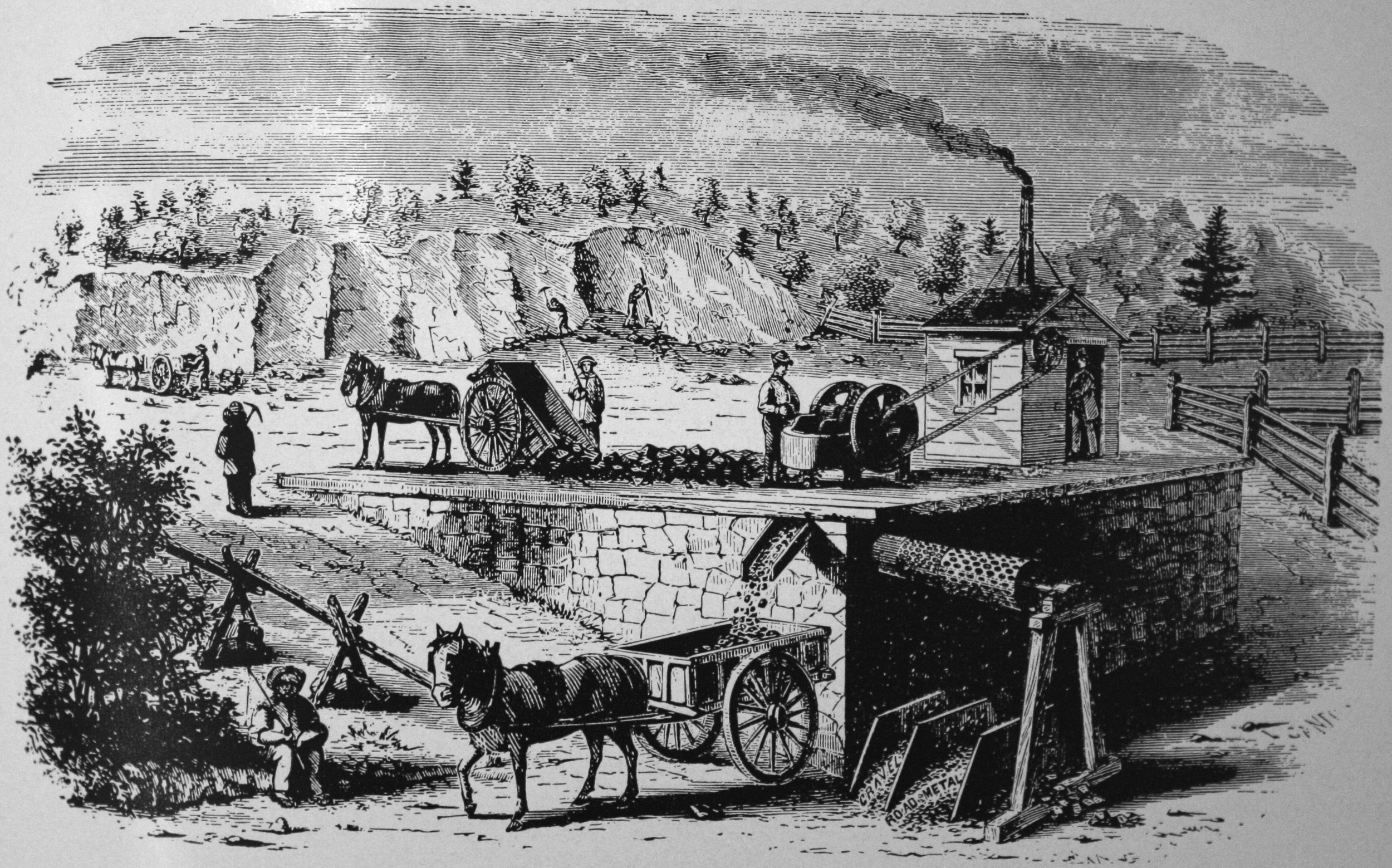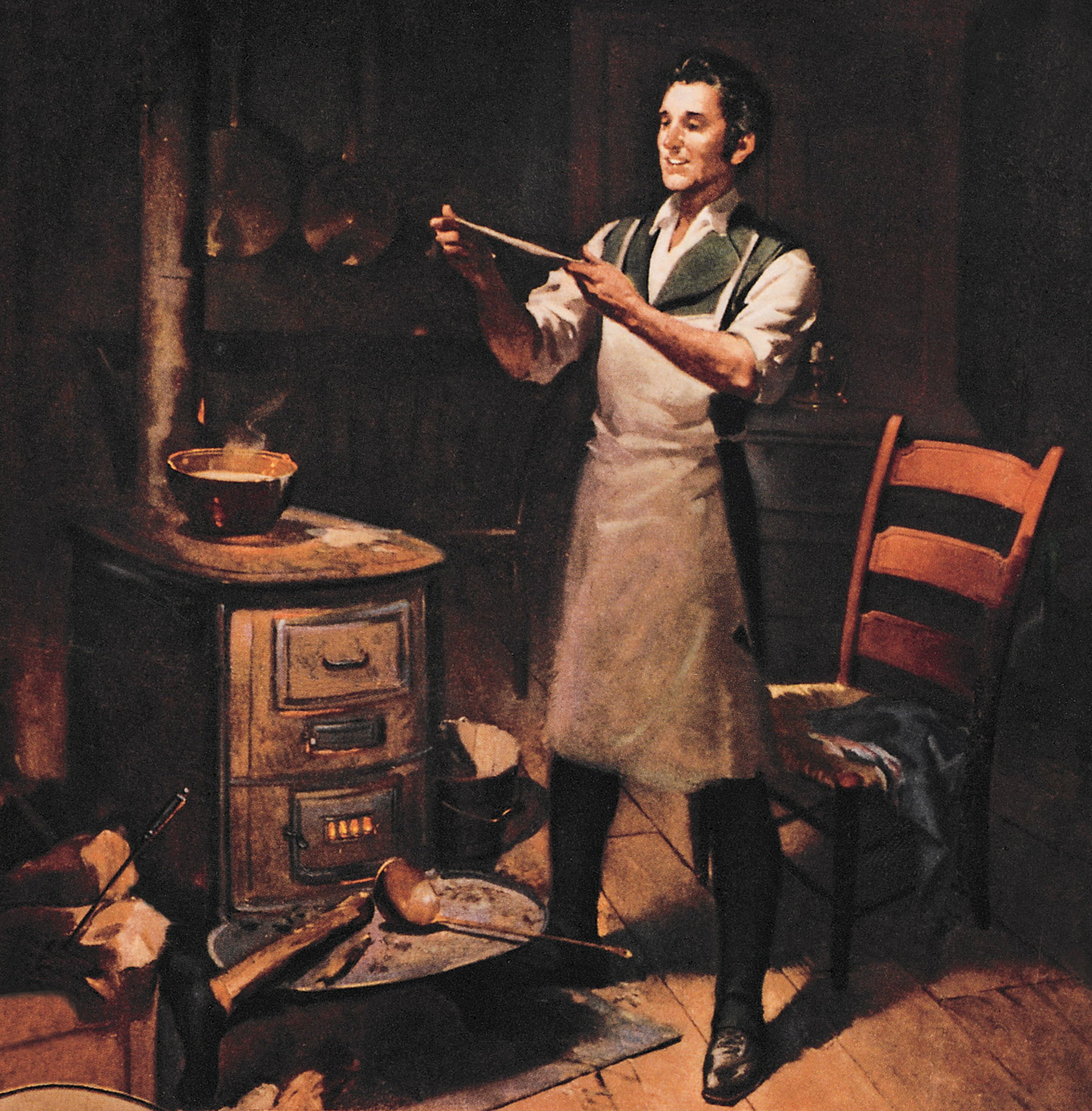at Aquila Motors
Where the Rubber Met the Road
Created by A Broken Umbrella Theatre
A story of two family legacies hitting rock-bottom and bouncing back.
Inspired by two New Haven innovations surrounding the paving of Whalley Avenue in 1857.
Cast
Blake Family
Rocky: Ruben Ortiz
Rox: Frankie Douglass
Grandpa: Andrew Elliott
Mason: Ian Alderman
Goodyear Family
Tyra: Lindsay Cromwell
Axel: Lou Mangini
Patch: Barrett Doyle
Grandma: Matthew Gaffney
Production
Directors: Ruben Ortiz and Andrew Elliott
Writers: Andrew Elliott, Ruben Ortiz and Matthew Gaffney
Designer and Scenic Charge: Brandon Fuller
Technical Director: Matthew Gaffney
Production Manager: Ryan Gardner
Show Producers: Ian Alderman, Aric Isaacs and Lou Mangini
Stage Manager: Corin Killins
Assistant Stage Manager: Katlyn Rapini
Original Music: Josh Kane
Live Accompaniment: Josh Kane
Company Manager: Lou Mangini
Costume Design: Ian Alderman
Carpenters: Cat Edwards, Ryan Gardner, Matthew Gaffney and Brandon Fuller
Painters: Barrett Doyle, Cat Edwards and Aric Isaacs
Sound Mixer: Aric Isaacs
Props: Jamie Kane
Poster Design: George Corsillo of Design Monsters
the Real History
Eli Whitney Blake
Inventor of the Blake Rock Crusher
Eli Whitney Blake, the man with hardware in his blood and a love for machinery, founded Blake Brothers with his siblings after learning the trade from his famous inventor uncle, Eli Whitney. Their hardware innovations, from door locks to casters, are still seen in American homes today.
A depiction of Eli Whitney Blake’s Rock Crusher
In 1855, Blake worked on a street paving project in New Haven, inspiring him to develop a machine that could break stones and ore into small pieces. His invention, the Blake Jaw Crusher, was patented in 1858, and it quickly revolutionized the mining and construction industries with its efficient double toggle mechanism. Blake's invention was so successful that he had to set up a factory in New Haven to keep up with demand. His contributions to modern mining and construction practices cemented his place as one of the great inventors of the 19th century. Blake passed away at the age of 92 in his beloved New Haven, Connecticut.
Charles Goodyear
Inventor of the Vulcanization of Rubber
Charles Goodyear was a man on a mission. After his father's hardware business went bust in the 1830s, Goodyear turned to rubber - the "miracle material" of the time. But rubber had a fatal flaw - it melted in the summer and cracked in the winter. Determined to find a solution, Goodyear spent years experimenting with rubber, often in makeshift labs in his wife's kitchen or in debtors' prison.
Finally, in 1839, Goodyear accidentally combined rubber and sulfur on a hot stove, creating a material that could withstand heat and cold. He called it "vulcanization," and it revolutionized the rubber industry, paving the way for countless products we use today, from automotive tires to pencil erasers. Despite setbacks and financial ruin, Goodyear's obsession with rubber paid off, and his contributions to modern manufacturing practices will be felt for generations.
Charles Goodyear, discovering the vulcanization process





